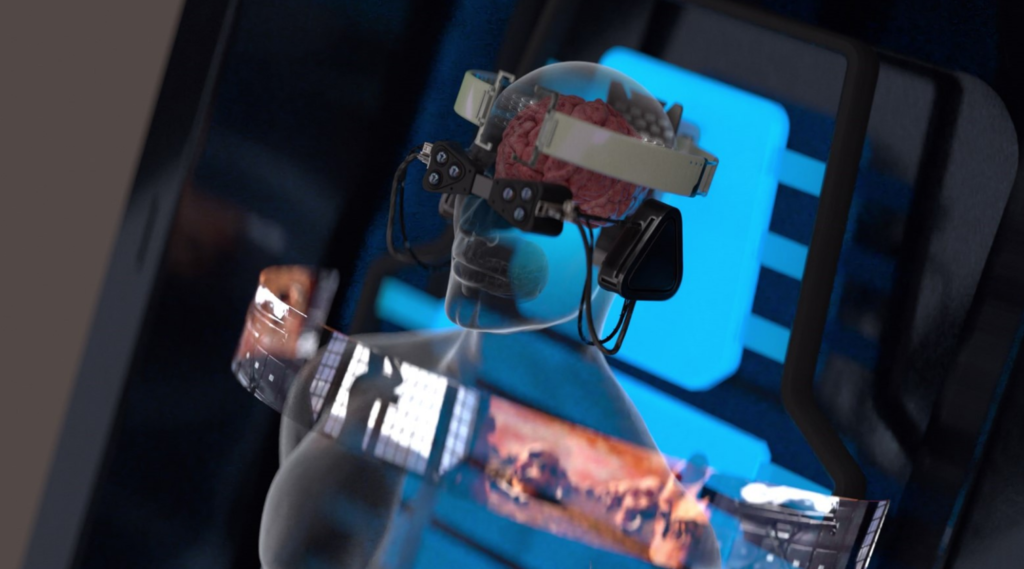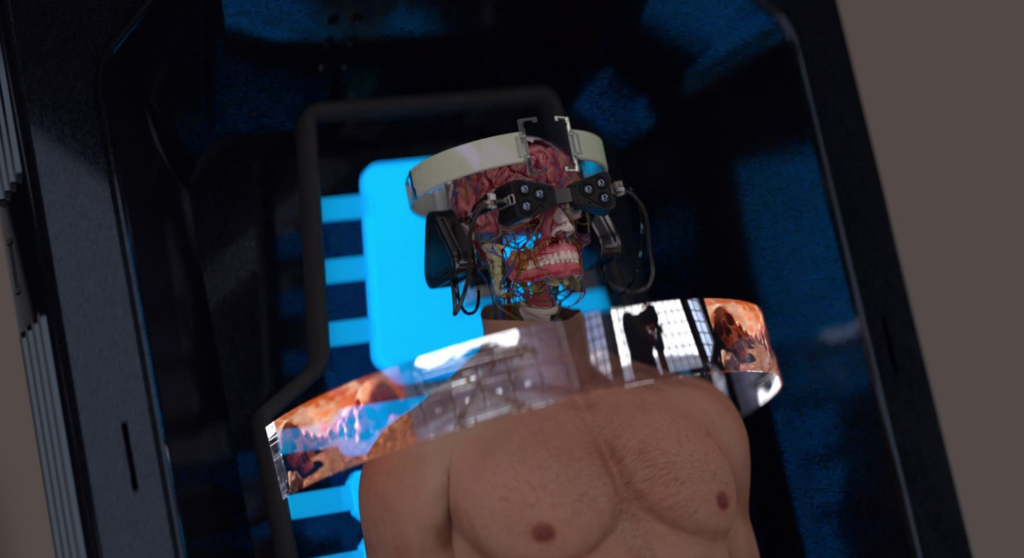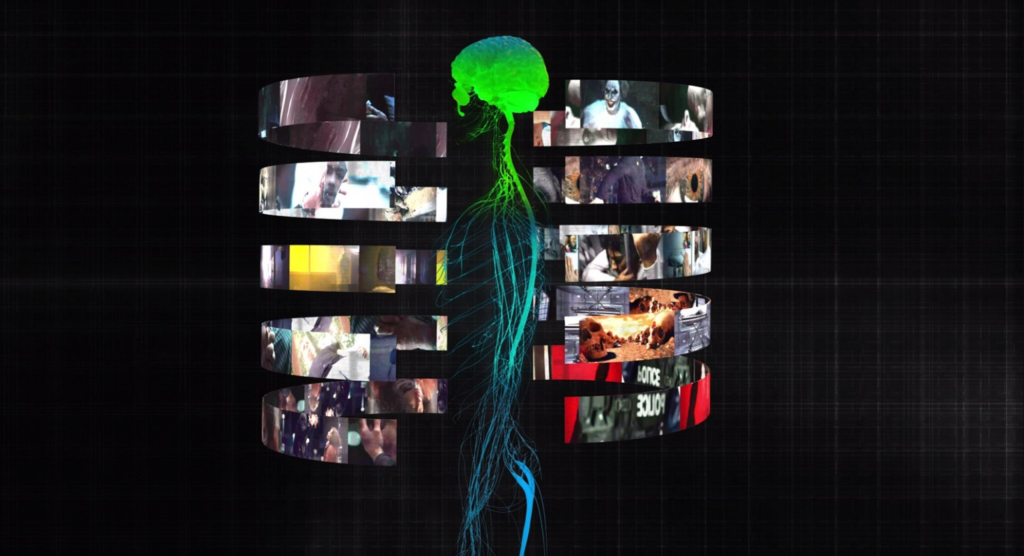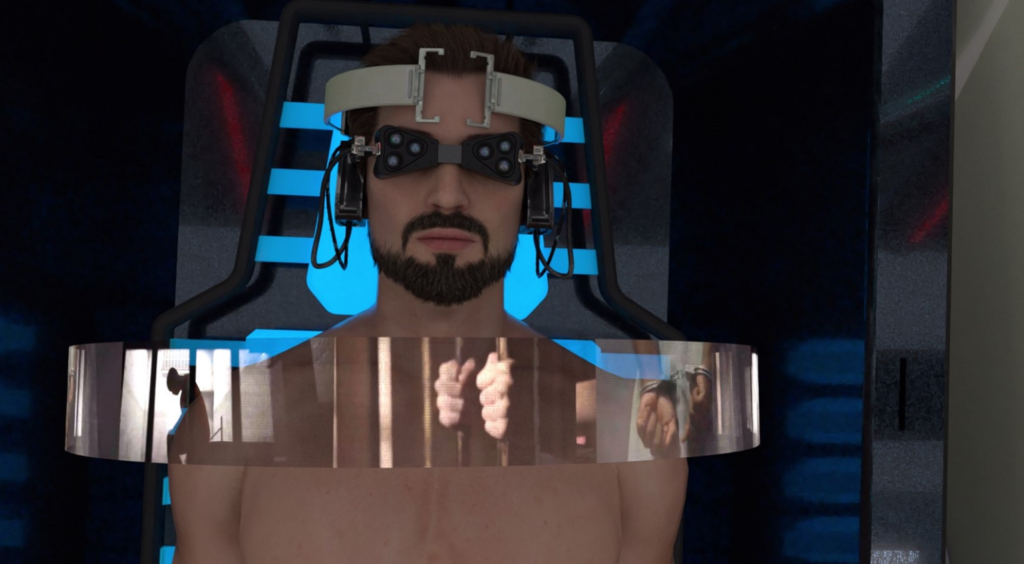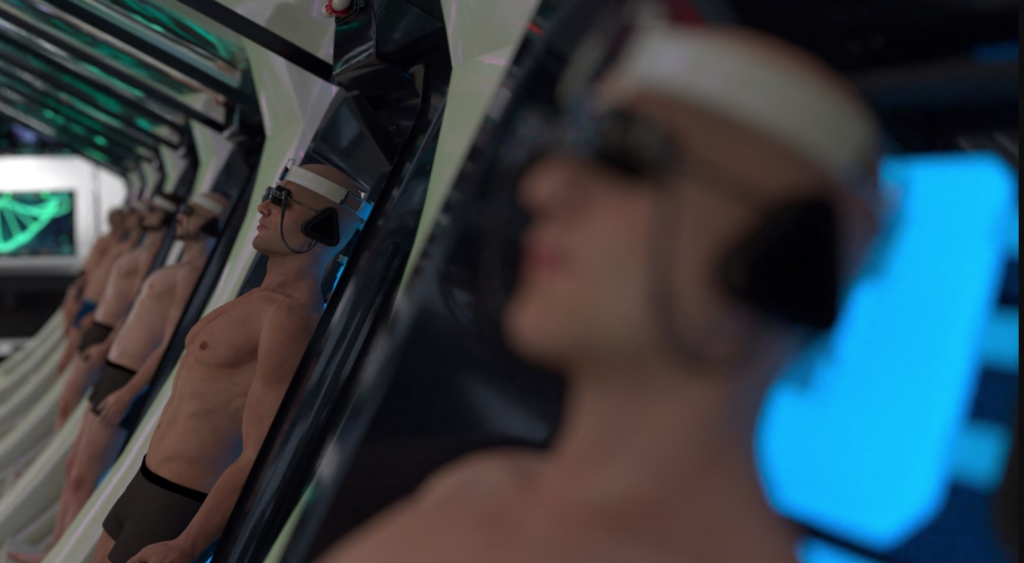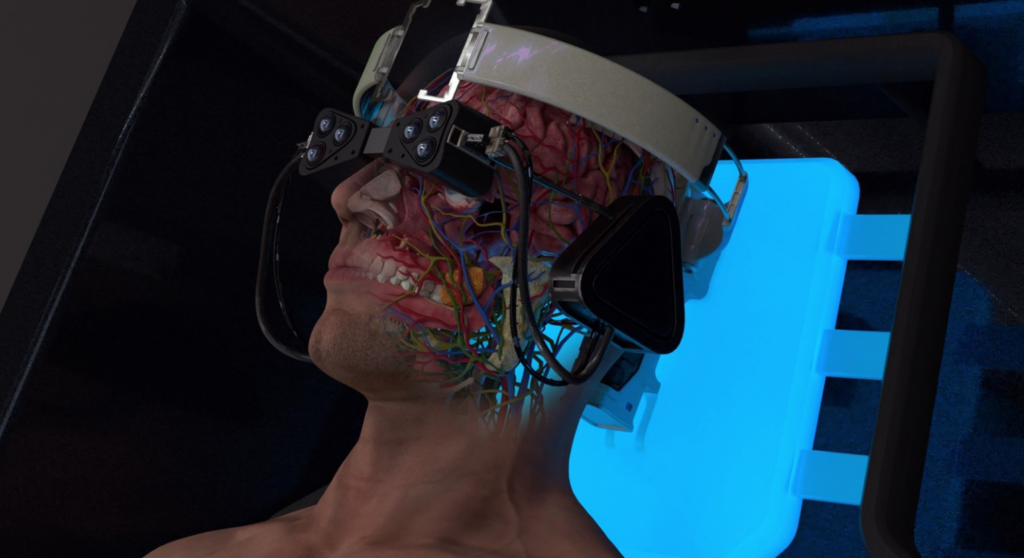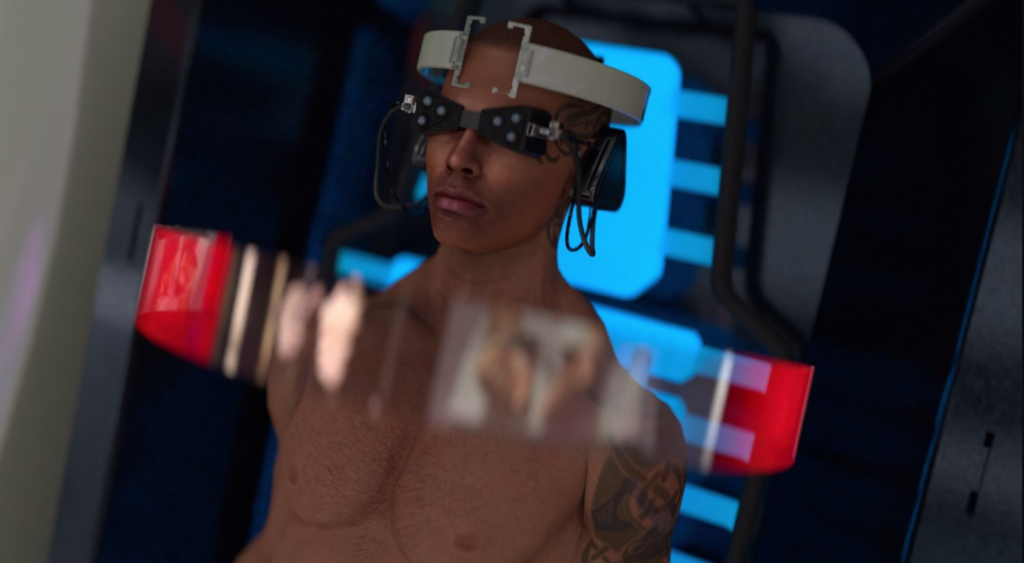Table of Contents
In a world where technology often feels like it’s straight out of a sci-fi movie, a new concept has emerged that could completely change the way we think about incarceration—or even take us into uncharted ethical territory. Introducing Cognify, a groundbreaking idea from Berlin, created by independent filmmaker and science communicator Hashem Al-Ghaili. Cognify combines artificial intelligence, virtual reality, and brain implants to give prisoners a choice: stick with traditional imprisonment or opt for a new high-tech alternative that can alter their memories. But is this innovative approach a beacon of hope for criminal rehabilitation or a disturbing turn into dystopia? Let’s dive in.
The High-Tech Prison of Tomorrow
Imagine a time when you don’t have to spend time in prison, but instead can opt for only a few minutes of high-tech memory manipulation. Sounds almost like Black Mirror, doesn’t it? It well might be. Cognify is proposing a system wherein prisoners will have a choice to undergo a neural procedure where artificial memories are implanted, designed to evoke deep feelings of remorse and empathy for their crimes.
Here’s how it works:
- Consent and Brain Mapping: It all starts with the prisoners giving their consent. Once they agree, a detailed brain scan is performed to map out their neural pathways.
- Memory Plantation: Next, AI-generated memories are crafted specifically for each individual, based on the crime they committed and their psychological profile. For instance, a violent criminal shall relive his crime, but this time from the eyes of his victim, and a drug-related offender shall feel the tight clutch of addiction.
- Behavioral Monitoring: After the memory implantation, the prisoners are closely monitored to observe any changes in their behavior, ensuring that the process is having the intended impact.
In essence, Cognify offers a way to compress the emotional burden of a lengthy prison sentence into just a few minutes, fundamentally altering the prisoners’ mental state in the process.
The Black Mirror Effect
For those familiar with the series Black Mirror, this concept might strike a chord with some of the unsettling dystopian technologies portrayed. Take, for instance, the episode “White Bear,” a woman named Victoria is punished for her crime by being put through what is supposed to be a never-ending cycle of psychological torture. While Black Mirror often explores the darker, more troubling sides of technological advancements, Cognify’s approach, although different in its intent, bears a resemblance to the show’s use of advanced tech to profoundly alter human experiences.

The key difference with Cognify is its focus on rehabilitation rather than mere punishment. Unlike the relentless suffering depicted in Black Mirror for the sake of others’ entertainment, this concept aims to spark an emotional transformation, potentially leading to quicker reintegration into society. However, despite its noble intentions, Cognify still raises important questions about the ethical limits of using technology to alter or manipulate human consciousness.
The Promise of Rehabilitation
The most compelling aspect of Cognify lies in its potential to address the shortcomings of traditional prison systems. With rising incarceration rates worldwide and with very high rates of recidivism, clearly, the world needs a system that would make offenders reform rather than turn into another holding house for criminals. Al-Ghaili believes that through emotional and cognitive reprogramming, Cognify could offer a solution by helping offenders truly change. However, several significant concerns must be addressed:
- Consent and Autonomy: It’s vital that prisoners fully understand and willingly consent to the procedure. There’s a danger of coercion or misunderstanding the long-term consequences, which could undermine the ethical foundation of the process.
- Psychological Impact: Artificially implanted memories could have unforeseen psychological effects, potentially exacerbating rather than alleviating mental health issues.
- Authenticity of Self: Changing memories raises important questions about personal identity and the authenticity of an individual’s self-perception. What happens when someone’s past is literally rewritten?
These concerns highlight the need for strict regulations and careful oversight to ensure that this technology is used ethically and doesn’t become a tool for abuse.
The Road Ahead
While the concept of Cognify is still theoretical, neuroscience and AI breakthroughs make ideas like these more realistic than they were considered in the past. Neural technology and experiments on manipulation of memory are in the works that promise a future of brain implants and artificial memories, which, against all odds, may not be too far away after all.
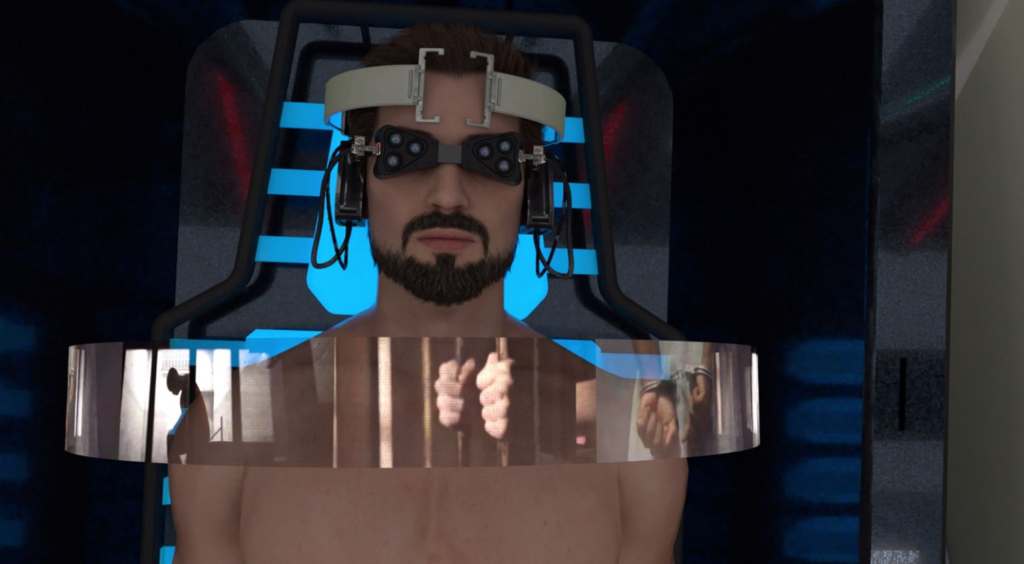
Of course, as has so often been the case with the advent of virtually every landmark technology, challenges will line the road to practice. Guaranteeing responsible use of the tech, high ethical standards, and no misuse will be paramount.
Wrapping Up: The Future of Justice
Cognify offers a grand, radical view into tomorrow’s world of criminal justice, capitalizing fully on the most advanced neural implant and virtual reality technologies for a complete transformation of the criminal personality. On the one hand, promising these revolutionary benefits, on the other hand, it will raise profound ethical problems about personal autonomy, privacy, and the authenticity of self.
As we stand on the cusp of this new era, it’s essential to remember that while technology can provide powerful solutions, it must be applied with great care and respect for fundamental human rights. Until then, Cognify remains a fascinating, though at times unsettling, glimpse into the potential and pitfalls of a future where justice and technology intersect.
Is Cognify a visionary step forward toward a more effective criminal justice system, or does it edge too close to a dystopian reality? We invite you to share your thoughts, concerns, and predictions in the Comments section below—we’d love to hear from you.
If you’re passionate about exploring innovative and controversial ideas like this one, feel free to reach out to us at [email protected]. Your insights could be the spark that ignites the next big conversation!
Jargon Junction
Word: Recidivism
Sentence within the article: “With rising incarceration rates worldwide and with very high rates of recidivism, clearly, the world needs a system that would make offenders reform…”
What it actually is: Recidivism is the tendency of a convicted criminal to reoffend or return to criminal behavior after serving time in prison or undergoing rehabilitation.
Jargon Junction
Word: Neural Pathways
Sentence within the article: “Once they agree, a detailed brain scan is performed to map out their neural pathways.”
What it actually is: Neural pathways are the connections in the brain through which electrical signals pass, allowing for communication between different regions of the brain, influencing thoughts, behaviors, and memories.
